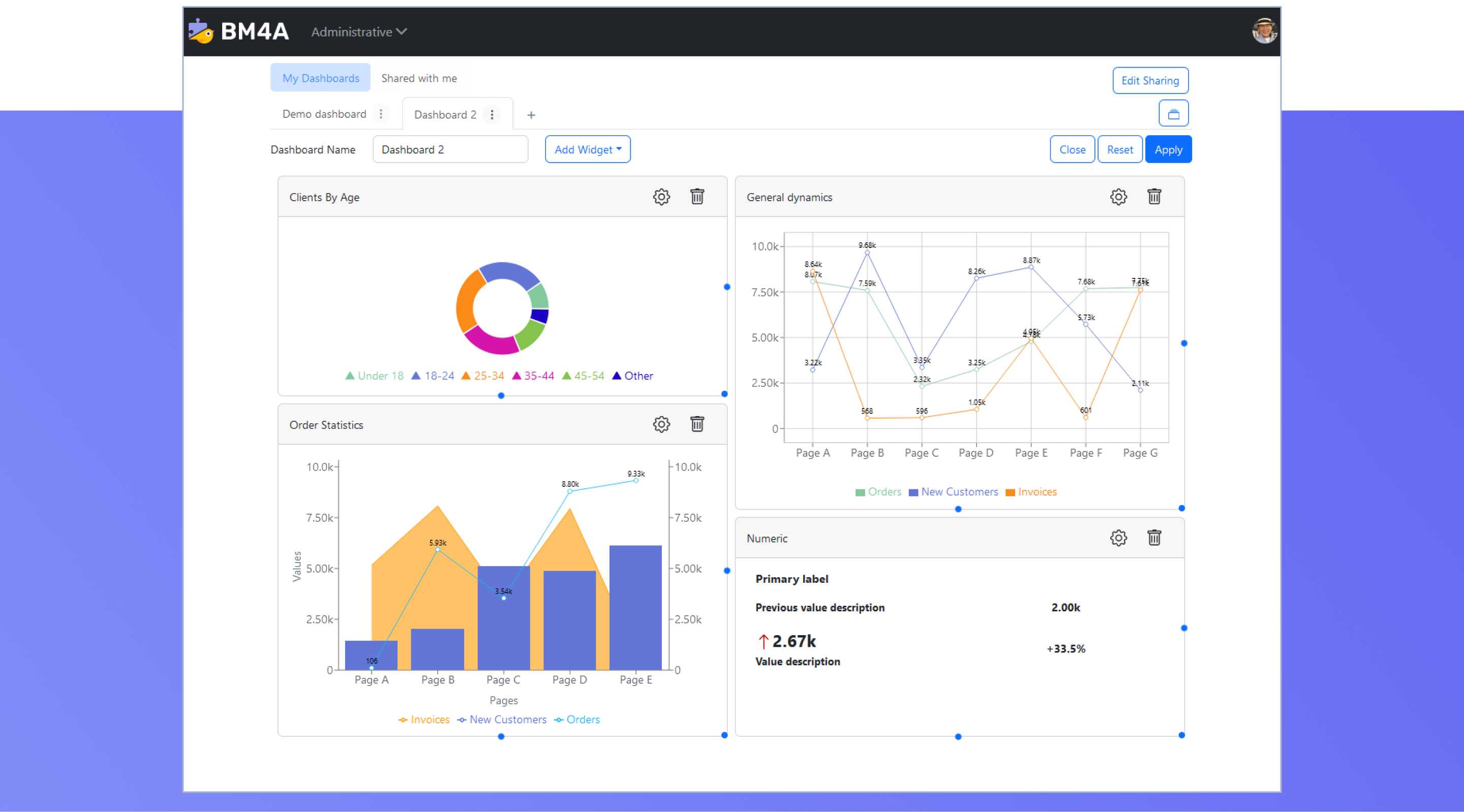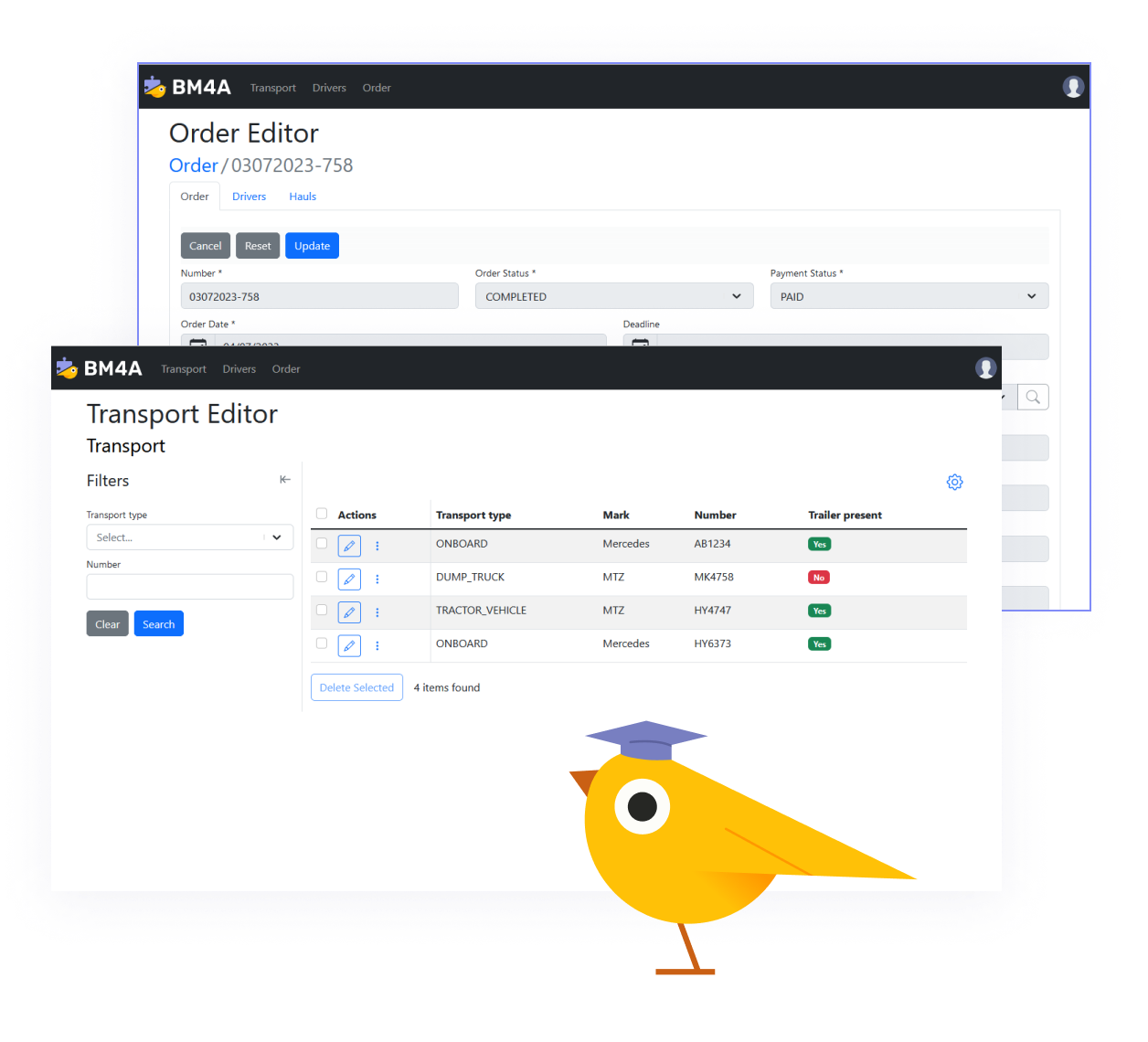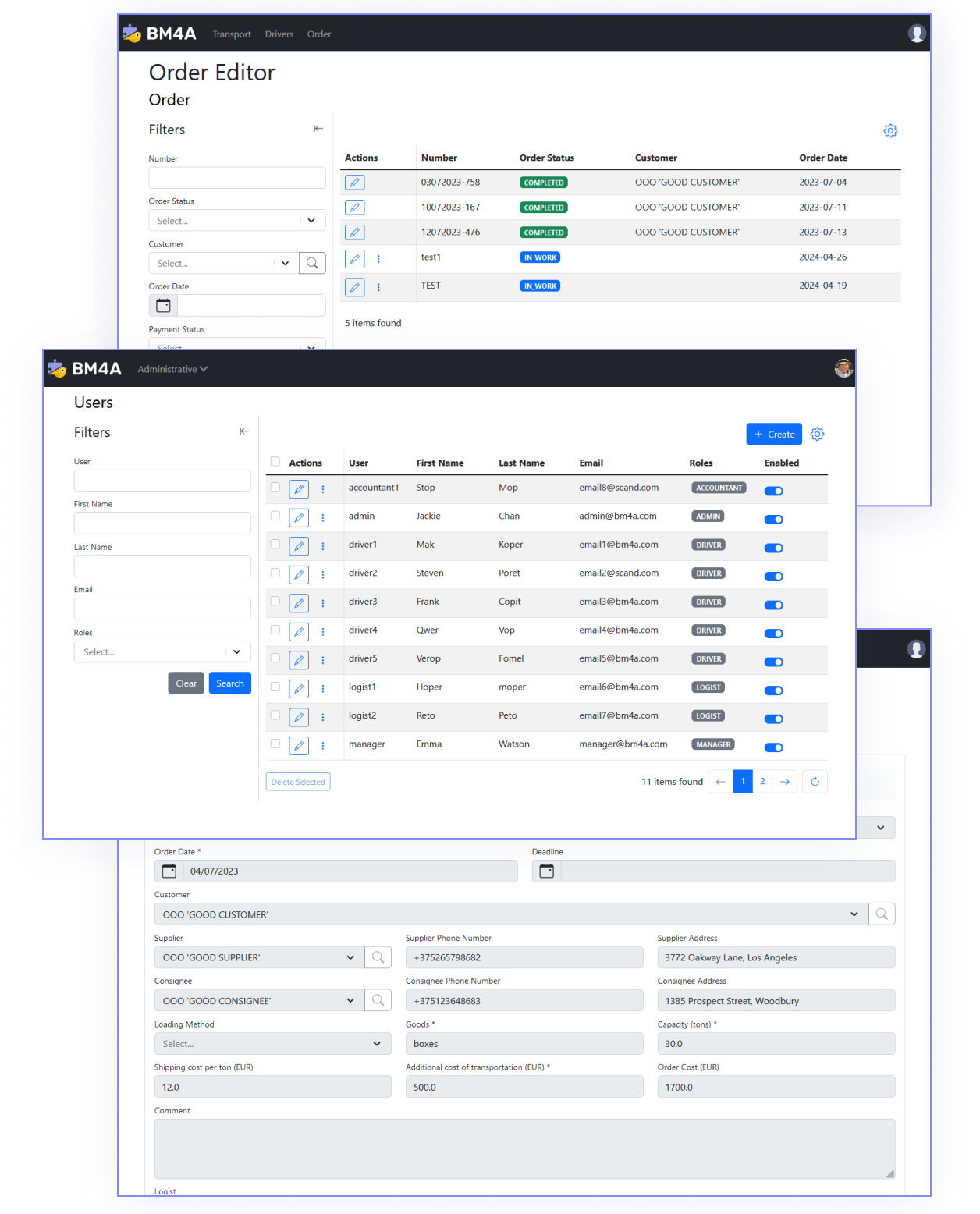The Future of Logistics: Technologies Transforming the Industry

Logistics, one of the key sectors of the global economy, is becoming more and more technology-driven each year. Modern companies strive to automate processes, improve supply chain visibility, and multiply revenue.
At the heart of these changes are advanced technologies such as Artificial Intelligence (AI), blockchain, and the Internet of Things (IoT).
These developments aren’t just changing the rules—they’re setting new standards that shape the future of transportation.
Advantages of Integrating Advanced Technologies in Logistics Software Solutions
Using advanced technologies like Artificial Intelligence, blockchain, and the Internet of Things in logistics software solutions brings clear benefits to the entire industry.
In brief, AI helps automate everyday tasks and makes processes faster, which saves time and cuts costs.
Blockchain adds security by making sure all transactions are transparent and trustworthy, so you can easily track and verify everything.
In brief, AI helps automate everyday tasks and makes processes faster, which saves time and cuts costs.
With IoT, logistics software for transportation lets companies follow their shipments in real time. This means they know exactly where their goods are and how they’re moving, allowing them to fix any problems that might come up.

Artificial Intelligence: A Revolution in Management and Optimization
Artificial Intelligence is quickly becoming essential in freight management. It helps by automating repetitive tasks, predicting coming demand, and finding the best delivery routes.
AI systems can also handle and analyze large amounts of data in a split second, helping companies make better decisions and lower costs.
But AI does more than just routine tasks. It also plays a key role in making real-time adjustments. For example, AI can look at current traffic, weather, and even political situations to suggest the best itineraries and adjust delivery schedules as needed.
The logistics software for transportation that uses AI can help with analyzing data, predicting future needs, and planning the best delivery routes.
This feature-rich “filling” means clients can save budget and provide better service thanks to more accurate prognoses and more intelligent planning.
For instance, FLS by BM4A — one of the best logistics software on the market — can spot trends in past data to better predict future demand, which helps keep inventory levels just right and avoid running out of stock.
Plus, it can figure out the best itineraries by looking at traffic and delivery problems, which cuts down on delivery times and expenditures.

Blockchain: Enhancing Supply Chain Transparency and Security
Though not so obvious, blockchain has the power to completely transform how supply chains are managed. In simple terms, blockchain uses a decentralized ledger to record each transaction, which makes it nearly impossible to alter or delete.
Once something happens with your vehicles or cargo, it will permanently stay within the system, making the entire process more protected and open.
FLS by BM4A, for example, can connect with blockchain technology to ensure the transparency and security of operations.
This means clients can track their goods throughout every step of the supply chain — from assembly to delivery — proving that all transactions are genuine.
Moreover, with clearer and more accurate records, your business can reduce the number of mistakes and discrepancies, which not only impacts monthly and yearly outcomes and revenue but also builds trust with customers.
Internet of Things: The Key to Smarter Coordination
The global IoT in transportation will be valued at over $60 billion by 2026, and it’s no surprise.
IoT sensors and devices provide real-time updates on the condition and location of goods and allow for close control over storage and transportation conditions.
For example, connected systems can notify managers if the temperature in a refrigerated container changes, if there are delays in delivery, or if there are potential issues with packaging.
Such a watchful approach helps prevent problems, reduce damage, and confirm goods arrive in the best possible condition.
FLS in combination with IoT technology can give clients access to real-time information about their goods, which is vital for businesses that deal with delicate or perishable items or where maintaining proper conditions is non-negotiable.
With IoT data, companies can quickly spot problems, modify routes, and improve their distribution strategies to avoid disruptions.
Internet of Things: The Key to Smarter Coordination
Logistics is a field that’s always on the move, with new tech like AI, blockchain, and IoT making big changes. Companies that use these technologies will undeniably get an advantage over others.
BM4A’s FLS is all set to bring in these new technologies, making it a strong choice for companies that want to stay ahead in a dense freight management sphere.
By investing in tools like the Freight Logistic System (FLS), businesses can feel confident they’re not just keeping up with the times but also building a solid base for future success.
Let’s Connect: Reach out to Us Today!
Ready to make the most with our web application development services? Contact us now to kickstart your project discussions or join us for a live product demonstration.